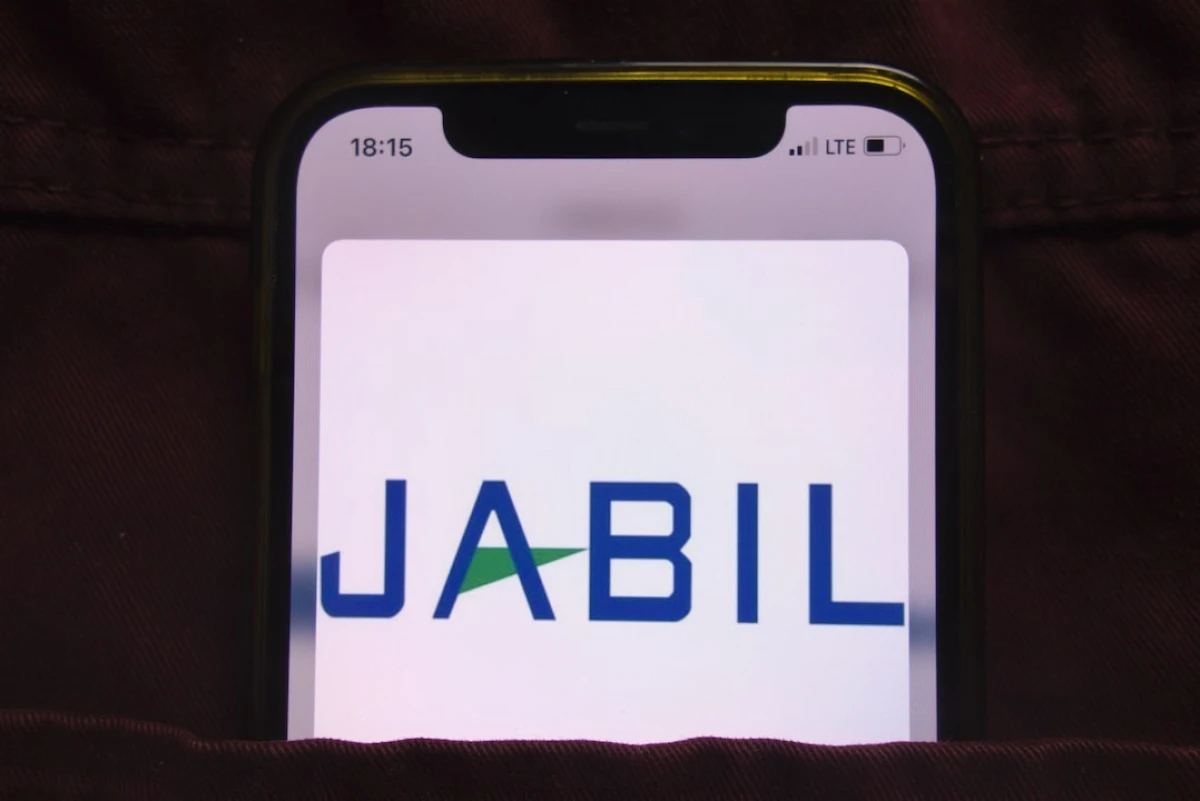#TL: DR - What You Need To Know
Jabil Inc (NYSE: JBL) has inked a solid agreement to sell its Mobility business to BYD Electronic for a cash deal of $2.2 billion. This move aligns with Jabil's strategic focus on bolstering its core competencies in areas like electric vehicles, renewable energy, healthcare, and AI-driven data centers.
The Mobility business, primarily based in Chengdu and Wuxi, China, specializes in manufacturing consumer electronics components.
Jabil CEO Kenny Wilson sees this transaction as a crucial step for the company's growth, promising to benefit shareholders through incremental share buybacks and further investments in high-growth sectors.
The deal is set to close within the first half of Jabil's 2024 fiscal year, subject to regulatory approvals. Goldman Sachs and RBC Capital Markets are acting as Jabil's financial advisors, with Skadden providing legal counsel.
#Why This Is Important for Retail Investors
Diversification Opportunity: The divestment of Jabil's Mobility business frees up capital for the company to invest in sectors like electric vehicles and renewable energy. For retail investors, this opens up a diversified investment avenue within a single stock, potentially reducing portfolio risk.
Share Buyback Potential: Jabil plans to implement incremental share buybacks post-divestment. Share buybacks often boost stock prices by reducing the number of shares in circulation, making it an attractive prospect for retail investors seeking capital appreciation.
Strong Growth Prospects: Jabil's focus on high-growth sectors such as healthcare and AI cloud data centers can result in higher revenue streams and profitability. Retail investors can benefit from the company's future growth, reflecting positively on stock performance.
Regulatory Approvals as Indicators: The deal's successful closure hinges on regulatory approvals, offering retail investors critical checkpoints. If the deal gains regulatory approval smoothly, it could be a sign of the deal's strength and strategic fit, boosting investor confidence.
Advisory Expertise: The involvement of reputable financial advisors like Goldman Sachs and RBC Capital Markets lends credibility to the transaction. For retail investors, this can be a sign that the deal has been well-vetted, reducing the investment risk associated with corporate restructuring.
#How Can You Use This Information?
Here are some of the investing ideas that can be explored using this information:
Value Investing: The divestment could lead to Jabil's stock being undervalued in the short term due to market uncertainty surrounding the deal. Value investors might see this as an opportunity to buy shares at a discount, anticipating long-term gains as the company reinvests in high-growth sectors.
Growth Investing: With Jabil redirecting its focus towards sectors like electric vehicles, renewable energy, and healthcare, growth investors could look at the stock as an entry point into these booming industries. The company's strategic shift suggests a strong growth trajectory, making it a potentially lucrative investment.
Momentum Investing: Observing the stock's performance post-announcement and during the lead-up to the deal's closure could provide momentum investing opportunities. If the stock shows a consistent uptrend, riding that momentum could offer short-term gains.
Sector-Specific Investing: Investors who are bullish on the sectors Jabil plans to enter, like AI cloud data centers, may consider investing in Jabil as a way to indirectly benefit from the growth in these sectors. It could be a more diversified way to invest in specialized markets.
Dividend Play: While the announcement focuses on share buybacks, the company's new focus on potentially profitable sectors may also lead to future dividend increases. Income-oriented investors could keep an eye on Jabil for this reason.
Contrarian Investing: Given that the Mobility business is being sold, some investors might take a contrarian view and look at BYD Electronic as an investment opportunity. The acquisition could make BYD a stronger player in the consumer electronics components market.
Read What Others Are Saying
Bloomberg (BYD’s iPad-Making Arm Pays $2.2 Billion for Jabil China Unit)
Reuters (Chinese carmaker BYD to buy US firm Jabil's mobility business for $2.2 bln)
CNN Business (BYD unit buys US firm Jabil’s China mobility business for $2.2 billion)
Businesswire (Jabil Announces Definitive Agreement to Divest Mobility Business for $2.2 Billion)
